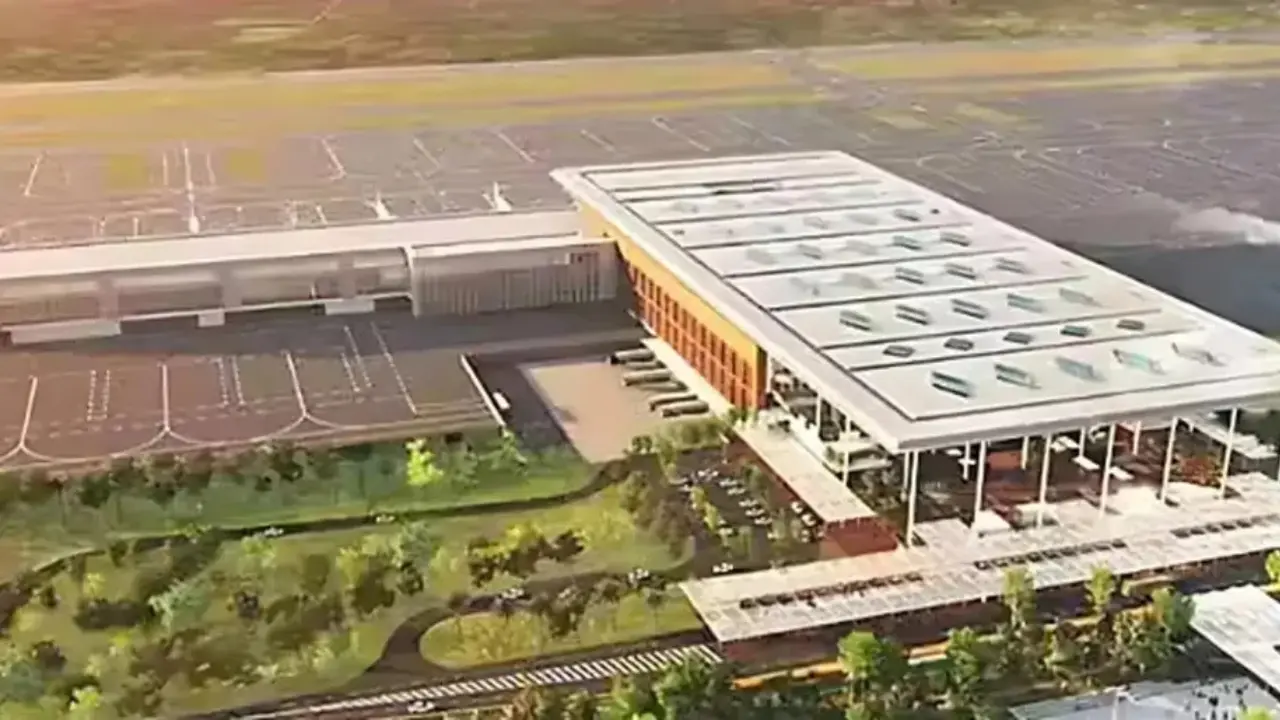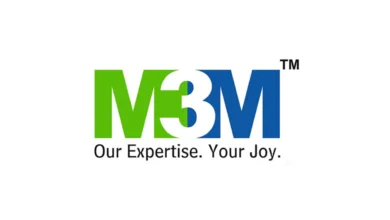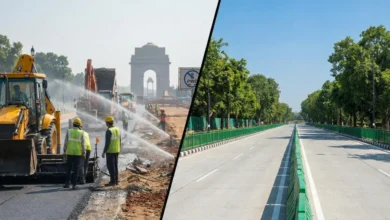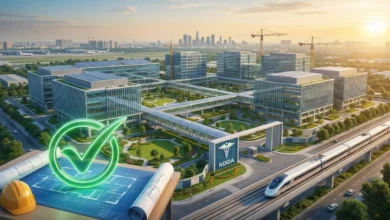Japanese Firms Set to Invest ₹900 Crore Near Noida Airport

In a decisive move signalling growing investor confidence in the Delhi-NCR region, two major Japanese companies have announced plans to invest approximately ₹900 crore to set up manufacturing units in the vicinity of the upcoming Noida International Airport (Jewar), under the aegis of the Yamuna Expressway Industrial Development Authority (YEIDA).
The first company, Kyowa Leather Cloth Company — part of the Toyota Group — in partnership with India’s Krishna Group, proposes a ₹400 crore joint-venture unit on around 10 acres to manufacture synthetic leather for automotive interiors (for clients like Maruti Suzuki and Toyota).
The second company, Meira Corporation, intends to invest between ₹400–450 crore in a high-precision bolts manufacturing plant (requesting ~10 acres) to support the industrial ecosystem around tractor manufacturing units in the region.
Combined, these projects bring the investment total to around ₹900 crore. Both companies have formally applied for 10-acre plots from YEIDA in sectors that permit industrial use along the Yamuna Expressway corridor.
The choice of locating near the Noida International Airport is strategic and multifaceted:
- The airport, once operational, will serve both passenger and cargo functions, bolstering logistics and linkages for manufacturing firms in the region.
- YEIDA has been developing its land-bank and infrastructure along the Yamuna Expressway corridor, including dedicated industrial clusters, making the region increasingly attractive to global manufacturers.
- The proximity to large OEM plants (such as the one by Escorts Kubota) creates gravitational pull for component and ancillary industries such as synthetic leather and precision fasteners.
- These projects align with national policy pushes such as “Make in India,” and the Indian government’s focus on reducing import dependency for critical manufacturing inputs. Yeida officials explicitly referenced the import-dependency reduction benefit for synthetic leather.
Also Read
Impact on Industry, Economy & Real Estate
By locating here, the Japanese firms not only bring capital but advanced manufacturing capabilities, which can trigger supply-chain clustering. For example, the precision bolts unit will manufacture in-house (cold heading → rolling → heat treatment → finishing) specifically geared for heavy industrial users in the region.
While specific job numbers for these two projects are not yet published, industrial units of such scale typically generate hundreds of direct jobs and numerous indirect jobs (services, maintenance, logistics, etc.). This will elevate local employment levels and encourage skill upgrades in the region.
As industrial activity grows near the airport corridor, related real-estate demand is expected to increase — including land for industrial parks, warehousing, worker housing, and amenity development. For a real-estate marketer or developer (such as your firm context), this is an indicator of rising land value and renewed investor interest in industrial/residential segments in the Noida / Jewar belt.
his commitment of Japanese firms sends a strong signal of confidence—reinforcing that international manufacturers view the Jewar corridor as viable and strategically important. It potentially opens the door for further Japanese and global component makers to consider the region. This also dovetails with YEIDA’s move to create a “Japanese City” and “Korean City” industrial townships.
Also Read
Timeline & Next Steps
- The firms have applied for land allocation: each seeking ~10 acres within YEIDA’s industrial zones. YEIDA CEO RK Singh confirmed the requests.
- Following land allotment, the companies will need to secure required approvals (environmental, building plans), lay out factory infrastructure and start operations.
- YEIDA is concurrently working on deeper connectivity and supporting infrastructure — for example, a proposed ₹1,700 crore, 25-kilometre, 130-metre-wide road linking the airport to NH-9, intended to boost accessibility for industrial/logistics zones.
- The regional industrial zoning has also advanced: YEIDA is acquiring large tracts of land (5,000+ acres) for Japanese/Korean industrial cities.





